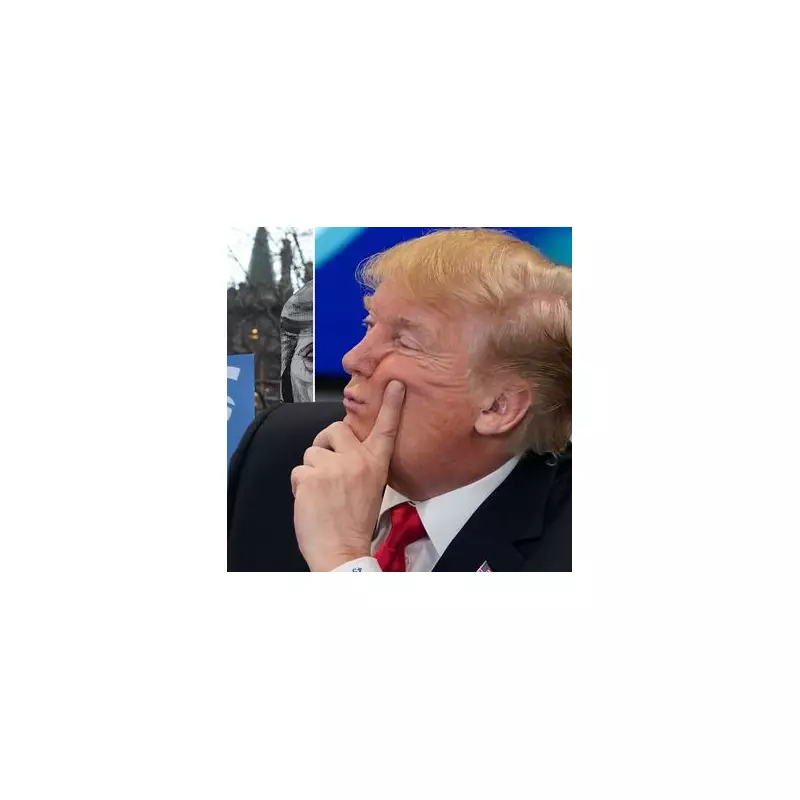
In a bombshell revelation that's sent shockwaves through the health sector, former US President Donald Trump has accused major pharmaceutical corporations of holding Britain "to ransom" during critical COVID-19 vaccine negotiations.
Explosive Allegations from Mar-a-Lago
Speaking exclusively from his Florida estate, Trump claimed he witnessed first-hand how drug manufacturers exploited the NHS's desperate situation during the height of the pandemic. "They had you over a barrel," the former president stated, suggesting British taxpayers paid significantly inflated prices compared to other nations.
The Great Vaccine Price Disparity
According to Trump's account, pharmaceutical giants engaged in what he described as "highway robbery" when dealing with UK health officials. His comments have reignited debates about transparency in government spending during health emergencies and whether Britain secured the best possible deals for life-saving treatments.
"I saw what was happening," Trump revealed. "These companies knew countries were desperate, and they took full advantage. Britain paid far more than they should have - far more than other countries were paying."
NHS Under Pressure
The allegations come at a sensitive time for the National Health Service, which continues to face budgetary pressures and growing demands on its resources. Health economists have long questioned whether the UK achieved value for money during its massive vaccine procurement programme.
Trump's intervention adds weight to concerns that pharmaceutical companies may have leveraged their position during global emergencies to maximise profits at the expense of public health systems.
Industry Response Awaited
While pharmaceutical representatives haven't yet responded to these specific claims, industry leaders have previously defended their pricing structures, citing the enormous research and development costs involved in creating vaccines at unprecedented speed.
However, Trump remained uncompromising in his assessment: "It was wrong what they did. They were holding your country to ransom, and somebody should have stopped it."
As these allegations circulate through political and health circles, calls are growing for greater transparency around government contracts with pharmaceutical suppliers during future health crises.





